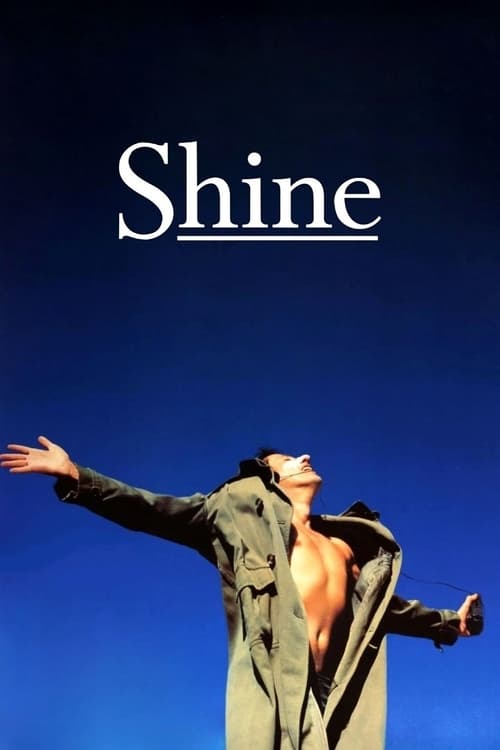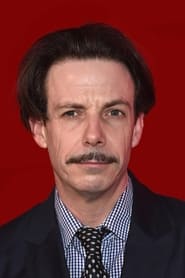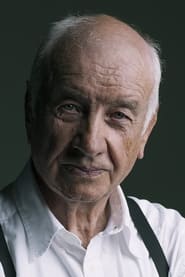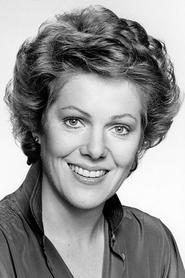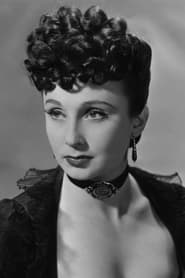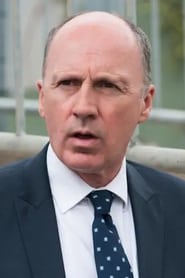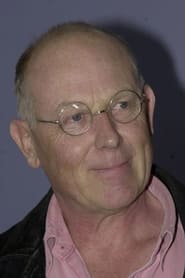Cast
View AllGeoffrey Rush
as David as an adult
Noah Taylor
as David as an adolescent
Armin Mueller-Stahl
as Peter
Lynn Redgrave
as Gillian
Googie Withers
as Katharine Susannah Prichard
Sonia Todd
as Sylvia
Nicholas Bell
as Ben Rosen
John Gielgud
as Cecil Parkes
Justin Braine
as Tony
Chris Haywood
as Sam
Alex Rafalowicz
as David as a child
Gordon Poole
as Eisteddfod Presenter
Danielle Cox
as Suzie as a child
Rebecca Gooden
as Margaret
Marta Kaczmarek
as Rachel
Crew
Director
- Scott Hicks
Producer
- Jane Scott
Reviews
Filipe Manuel Neto
**Perhaps one of the most striking films in the work of Geoffrey Rush, and one of the toughest and most sincere portrayals of brilliance that cinema has seen to date.**
Even though I'm a pretty serious music lover, and I've always loved classical music, I didn't know David Helfgott until I saw this film. The musical universe is full of prodigies who reveal talent since childhood. Mozart is perhaps the most famous example of this. However, it is one of those subjects that I feel we tend to overestimate, because you can also find prodigious children in other areas of knowledge, including the Human Sciences. It is, however, curious that we have so few examples of musical geniuses with solid and successful careers. Most pianists and musical performers, no matter how talented they are, depend more on their self-discipline and intensive training than on their basic talent.
Helfgott, according to this film, had a difficult childhood, at the hands of an overbearing father, who basically pushed him towards a music career, realizing his talent. The problem is that the situation demanded a lot from the young genius, causing him to develop schizophrenia and several other mental problems. With serious speech problems (he stutters and talks compulsively), he is also incapable of maintaining a conventional relationship with the people around him. Of course, in the long run, we'll see how he gets around the difficulties and achieves consecration.
Helfgott is played by several actors, but it is Geoffrey Rush who shines in the role. The actor was able, in this film, to cross the doors of international cinema thanks to one of the most complete and immersive portrayals of genius in cinema. Appearing on stage when the film is already halfway through, he dominates the entire work, imposing himself, demanding our attention, deserving applause. Even if the film no longer had any reason to merit – it does! – seeing the performance of this British actor would always be more than enough reason to justify a trip to the cinema. However, he is not alone: the film also gives us an excellent interpretation of Armin Mueller-Stahl in the role of the father, demanding and domineering. Noah Taylor, who gives life to the character of Helfgott in his youth, also leaves us with a job well done and of value.
The script and direction also deserve a note of praise. Scott Hicks, who performs both tasks, has managed to create a film that is deeply dramatic, intense, capable of moving and making us think, without making the mistake of making it overly melodramatic or presenting things that are too dark and pessimistic. The film is deeply emotional, it even has several intense, almost painful scenes, but it is never a heavy film. In addition, the film makes a very clever use of cinematography and the soundtrack to lighten or thicken the entire environment in which the action takes place. In addition to the pieces by Rachmaninoff – a piano genius, but who finds equivalents in composers such as Chopin, Scriabin or Liszt, author of the naive but terribly demanding “La Campanella”, for me the most difficult solo piano – the film has a vast repertoire of classical pieces skillfully inserted into the soundtrack. It's worth seeing how they are used in the film.
May 20, 2023
Thematic Analysis
As a dramatic work, Shine examines complex human relationships and emotional struggles against the backdrop of a period setting that reflects societal issues of its time. The character development particularly stands out, offering viewers a chance to reflect on their own life journeys.
Director Scott Hicks brings their distinctive visual style to this film, continuing their exploration of themes seen in their previous works while adding new elements. Their approach to character development and emotional depth creates a viewing experience that rewards close attention.
Released in 1996, the film exists within a cultural context that now offers viewers historical perspective on the social issues of that era. Its critical acclaim reflects its artistic achievements and its place in cinema history.
Did You Know?
- The production of Shine took approximately 15 months from pre-production to final cut.
- With a budget of $5.5 million, the film proved to be a financial success, earning back its investment and more.
- The final cut of the film runs for 105 minutes, though the director's initial assembly was reportedly 125 minutes long.
- The musical score contains over 40 unique compositions.
- Some visual effects sequences took up to 11 months to complete.
- The screenplay went through 5 major revisions before the final shooting script was approved.
Historical Context
- In 1996, when this film was released:
- Digital technology was transforming the entertainment industry.
- The internet was beginning to transform communication and information access.
- Independent cinema was growing in influence, challenging the dominance of major studios.
How This Film Stands Out
While Shine shares thematic elements with other films in its genre, it distinguishes itself through its unique approach to storytelling, visual style, and character development.
Unlike The Piano, which takes a more conventional approach to its subject matter, Shine subverts genre expectations by exploring its themes with greater nuance.
While films like The Last Emperor and GoodFellas explore similar territory, Shine stands apart through its deeper exploration of its central themes and more complex characterization.
This film's unique contribution to cinema lies in its bold artistic choices and willingness to challenge viewer expectations, making it a valuable addition to its genre.
Details
- Release Date: August 15, 1996
- Runtime: 1h 45m
- Budget: $5,500,000
- Revenue: $35,892,330


